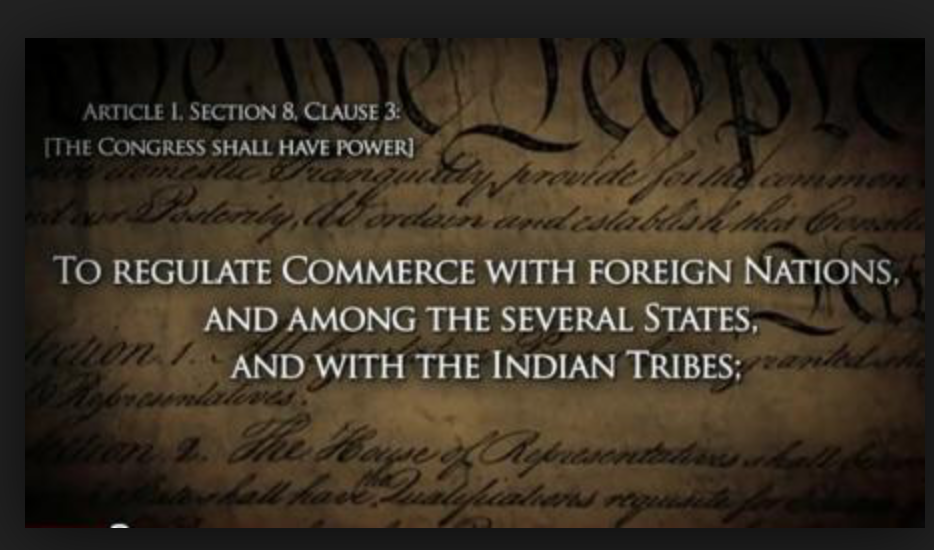
Before President Trump took office, I addressed the possibility of him abrogating treaties and agreements signed by President Obama.
Since President Obama often eschewed the formal process outlined in the Constitution and acted on his own, the accords he signed can also be unilaterally nullified by a subsequent President without offending the Constitution.
Since President Trump announced withdrawal from the Paris Climate accords; threatened actions of local state officials raise interesting constitutional issues.
Even though the President’s cancelation is not effective for three years, Governor Jerry Brown and a handful of other governors and Mayors with great bluster and fanfare have rushed to the nearest microphone to announce they are stepping into the fold and are going to defy the federal government and take action to comply with the Paris accords themselves.
Regardless of what one thinks of such opportunistic posturing, or the fact that they undermine the ability of the administration to negotiate an agreement more favorable to this nation’s economic well being, what does the Constitution say about their ability of States to promulgate rules and regulations that affect climate change contrary to the Federal Government? Can a handful of states impose their own climate control provisions?
Since modernly it is hard to imagine a scenario in which a State regulatory action would not affect businesses or transportation in other states we are dealing with the most boring sounding provision of the Constitution, but one of the most important: The Commerce Clause.
The provision is seemingly a simple one: it states that Congress shall have the authority to “regulate Commerce with foreign Nations, and among the several states, and with the Indian Tribes.”
Originally the clause applied only to commerce between states (interstate). Through constitutional interpretation, however, it has been made applicable to activities that occur wholly within the borders of a state (intrastate) IF they AFFECT interstate commerce.
To truly appreciate the expansive scope of the Commerce Clause one only has to consider the famous case of Wickard v. Filburn. (Listen closely and you will hear the extremely perceptive and straight talking Senator Rand Paul regularly railing against the reach of this case.)
In Wickard, a wheat farmer growing wheat for his own family was fined for exceeding production regulations designed to stabilize the price of wheat during the Depression. The court upheld the sanction finding that his actions in growing wheat for his own family affected the price of wheat nationally and could, therefore, be regulated by Congress under the Commerce Clause power of the Constitution.
The court has further held under what they call the “Dormant” Commerce Clause doctrine, States are prohibited from passing regulations of activities that MAY affect interstate commerce even though Congress has not acted in the area.
So if Governor Brown and others of his ilk actually attempt to pass laws and regulations severely impacting certain industries, like fossil fuel production and those rules are found to affect interstate commerce they will be declared constitutionally invalid.
Its one thing to bluster in front of cameras but states can’t have fifty different sets of laws and regulations regarding industry and commerce. Much less individual cities. That is why the power over Interstate Commerce was placed in the Federal Government in the first place. And that is why the bluster of Brown and his acolytes is just that, bluster.